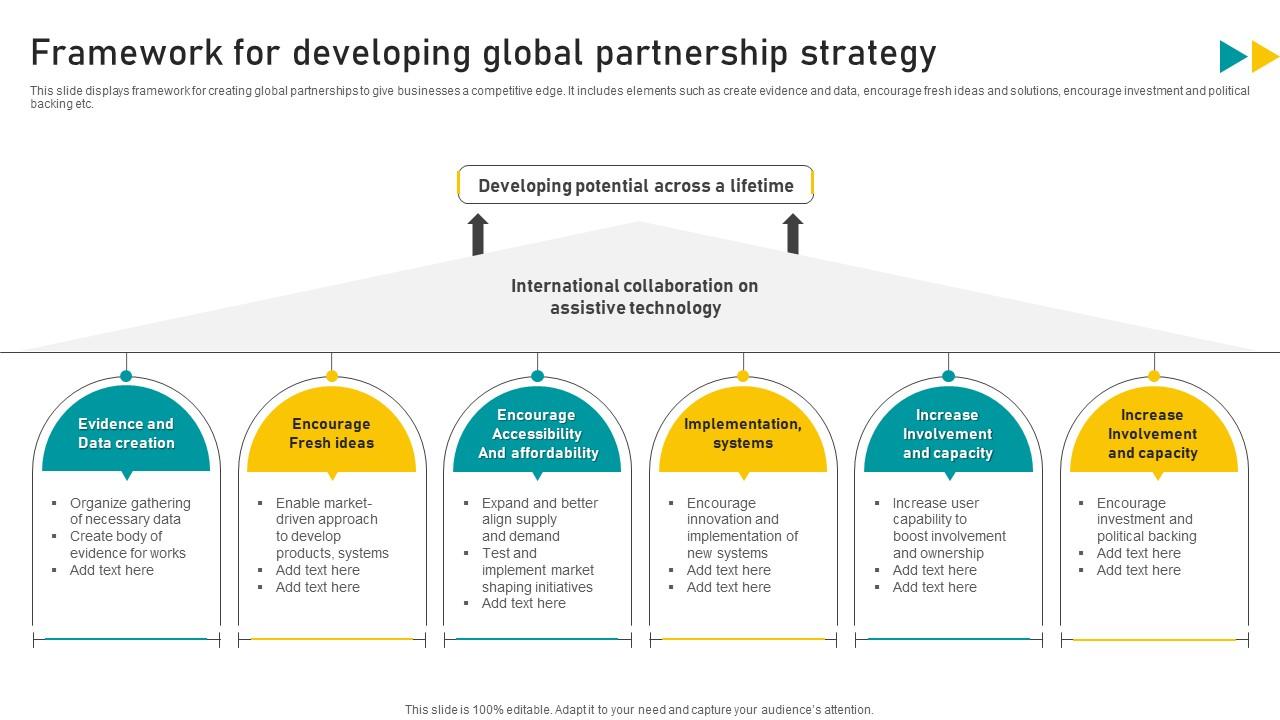The teachings of the Bahá’í Faith present a compelling framework for cultivating a true global partnership, an evolution essential for addressing the multifaceted challenges facing humanity today. As the world becomes increasingly interconnected, the necessity for cooperative engagement across cultural, religious, and national boundaries has never been more pressing. The Bahá’í principles advocate for unity, equity, and collaborative efforts to foster understanding and peace among diverse populations. This article delves into the foundational teachings that illuminate the path toward developing a genuine global partnership.
At the heart of Bahá’í teachings lies the concept of the oneness of humanity. This principle asserts that all human beings, irrespective of race, nationality, or creed, are intrinsically linked. This interconnectedness can foster a profound level of empathy and respect, which are imperative for any effective partnership. By recognizing that the destinies of individuals and communities are intertwined, the first step toward achieving a cohesive global partnership becomes evident.
One of the predominant observations regarding the current state of global affairs is the fragmentation caused by sectarian and nationalistic ideologies. These detrimental divisions not only hinder the advancement of social progress but also cultivate an environment ripe for conflict. According to Bahá’í teachings, alleviating these divisions necessitates a shift in focus toward a universal outlook. This worldview encourages individuals to ascend above parochial interests and to engage in altruistic endeavors that benefit the collective whole.
Another pivotal aspect of developing a global partnership is the acknowledgment of diversity as an asset rather than a barrier. The Bahá’í Faith advocates for the appreciation of various cultural expressions, ideologies, and practices, as each contributes uniquely to the global tapestry. Such recognition engenders a richer dialogue among different peoples, allowing for the exchange of ideas that can lead to innovative solutions to common challenges. It is through robust intercultural dialogue that mutual understanding can flourish, creating a fertile ground for cooperation.
Furthermore, the principles of justice and equity are central to the Bahá’í teachings and are indispensable for any fruitful partnership. Justice, aptly described in Bahá’í literature as the “most conspicuous of all virtues,” acts as a guiding light for relationships at every level of society. Equitable treatment ensures that all voices are heard and respected in the decision-making processes. This inclusiveness promotes a sense of ownership and responsibility among stakeholders, thereby deepening the commitment to collective well-being.
Education, as emphasized within Bahá’í teachings, plays a crucial role in fostering a true global partnership. Empowerment through knowledge equips individuals with the requisite tools to engage more meaningfully in societal development. An educated populace is better positioned to navigate complexities, fostering greater participation in dialogue and collaboration. The Bahá’í perspective posits that education must be accessible and holistic, nurturing not only intellectual growth but also character development. This multidimensional approach is vital for fostering a generation that prioritizes service to humanity.
The concept of consultation, as practiced by Bahá’ís, merits particular attention when discussing global partnerships. Consultation transcends mere decision-making; it embodies a spirit of cooperation and collective inquiry. In a consultative process, individuals come together, sharing perspectives in an atmosphere of respect and humility. This practice builds trust and camaraderie among participants, thereby enhancing the efficacy of collaborative efforts. The Bahá’í model of consultation underscores the importance of focus on shared objectives rather than individual agendas, creating a conducive environment for sustained partnerships.
Moreover, the Bahá’í teachings propel the idea of service to others as a fundamental facet of developing global partnerships. Service, grounded in love and compassion, encourages individuals to transcend self-interest and contribute to the welfare of others. This principle fosters a proactive approach to problem-solving and community building, which are central to maintaining robust partnerships. Service-oriented endeavors promote solidarity, galvanizing diverse groups to work toward common goals.
Another salient point in the Bahá’í framework is the emphasis on the spiritual dimensions of human relationships. While pragmatic concerns often dominate discussions surrounding partnerships, the spiritual aspect cannot be overlooked. The Bahá’í Faith teaches that a true global partnership must be underpinned by reverence for the divine and a commitment to spiritual principles. This spiritual foundation inspires individuals to act with integrity, fostering authentic connections that endure over time.
However, it is crucial to acknowledge the challenges that accompany the formation of global partnerships. Misunderstandings, cultural misalignments, and competing priorities can obstruct progress. To navigate these challenges, adherence to Bahá’í teachings provides valuable insights. The virtues of patience, humility, and resilience become vital attributes in overcoming obstacles. The persistence cultivated through these virtues can galvanize partnerships towards fruitful outcomes even in the face of adversity.
In conclusion, the Bahá’í principles offer comprehensive guidelines for developing a true global partnership. By fostering an understanding of oneness, appreciating diversity, promoting justice, prioritizing education, engaging in consultation, serving others, and recognizing the spiritual dimensions of human interaction, societies can navigate complexities and build enduring alliances. As the world continues to grapple with unprecedented challenges, the Bahá’í teachings illuminate a path forward—one that advocates for unity, collaboration, and a shared commitment to the betterment of humanity. The establishment of such partnerships heralds a transformative era, wherein collective action can lead to a more harmonious and sustainable world.
